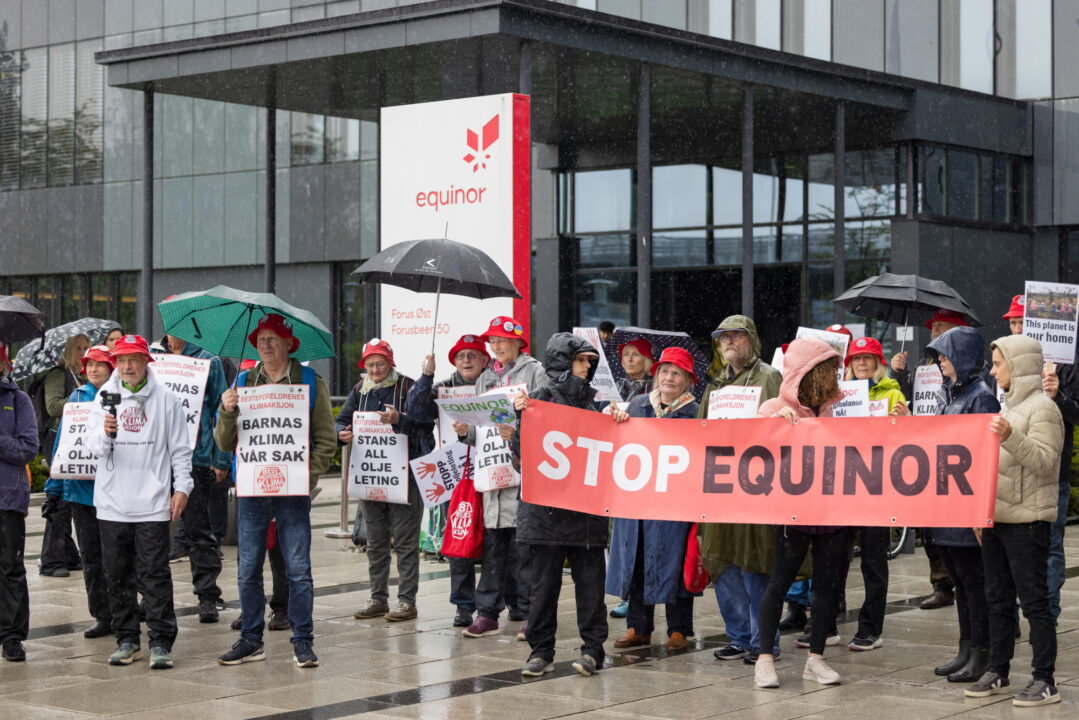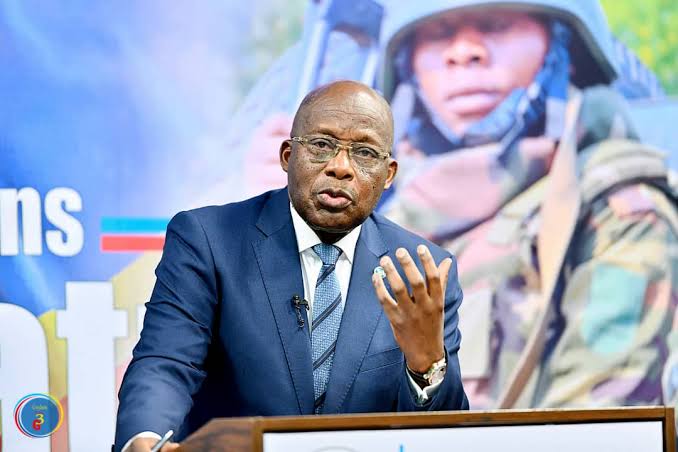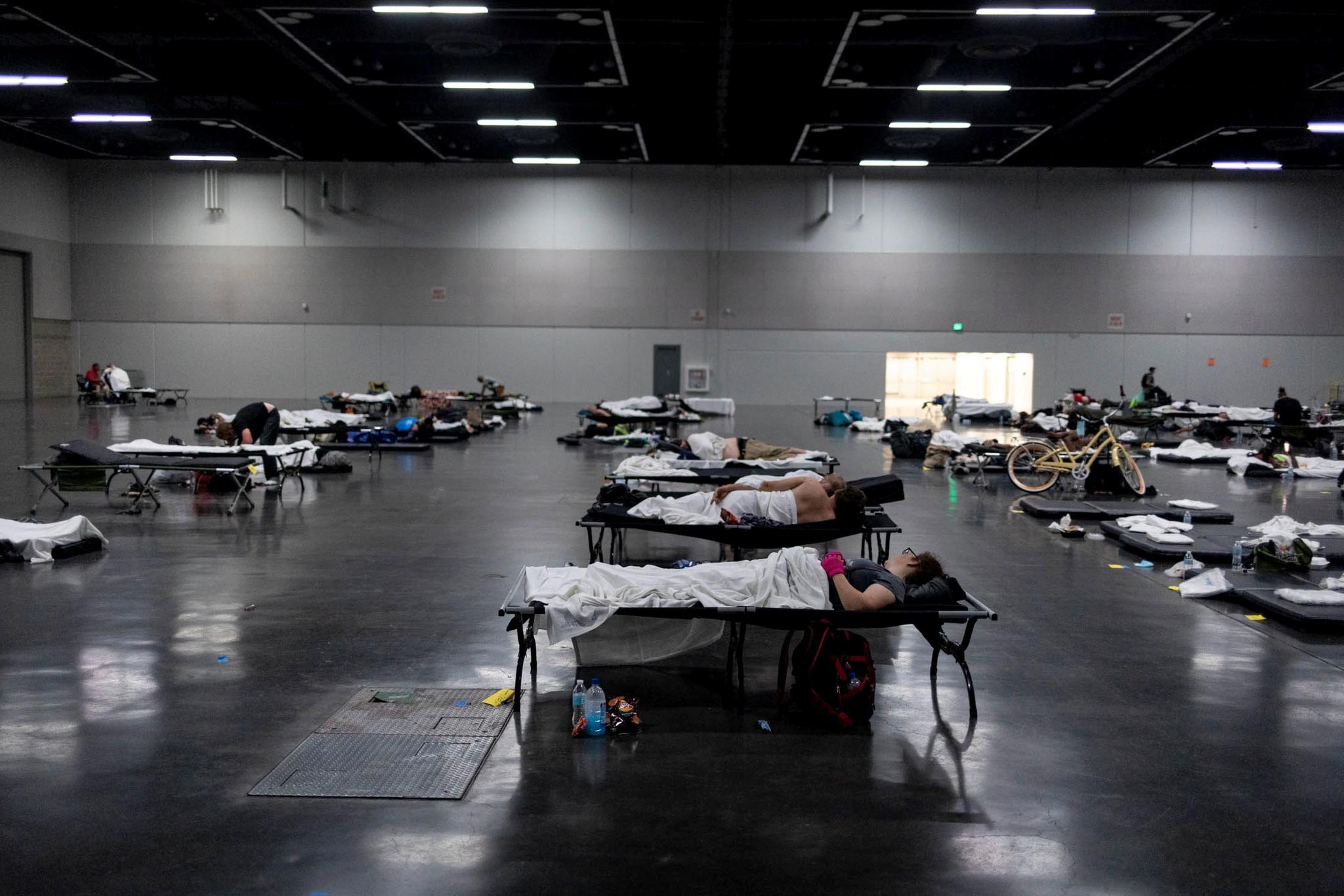The WWF and Greenpeace World Wide Fund for Nature proposal that Equinor must reduce emissions in line with the 1.5 degree target was rejected at Equinor’s general meeting tonight. The state, which owns 67% of the shares, voted against despite the fact that the proposal meets the requirements set out in the ownership notification.
Posted May 10, 2023
Protests outside Equinor’s general meeting in Stavanger on May 10, 2023 © Espen Mills / Greenpeace
However, in a protocol addendum to the proposal, the Department of Commerce and Fisheries (NFD) writes that it expects Equinor’s board to act on the expectations contained in the ownership notice. that companies will implement targets and measures consistent with the Paris Agreement for direct and indirect emissions. The state will follow up on expectations as part of the ownership dialogue with the company and the board.
Ragnhild Elisabeth Waagaard, head of the climate and energy team at WWF’s World Wide Fund for Nature, says the following:
– Equinor’s board of directors has recommended that shareholders vote against a proposal that complies with the ownership notice, suggesting that Equinor is unwilling to follow government instructions. At the same time, NFD supported our proposal in its protocol submission and clarified that it would follow up on the proposal in the owner’s dialogue with the company. That’s about as far as the state can go without expressing any confidence in Equinor’s board. We now expect the company to set targets and take action to limit global warming to 1.5 degrees. This means that there is no room for further development of oil and gas fields.
Greenpeace policy adviser Halvard Raavand says the following:
– It is ironic that Equinor points to a lack of political ambition in its justification for rejecting the shareholder proposal, when our proposal simply asked them to follow the new policy directions for public companies. However, we note the provision of the State Protocol, and we now expect the State to call Equinor to a meeting to clarify that the political ambition is for Equinor to operate in accordance with the Paris Agreement.
Environmental activists from around the world demonstrated at the general assembly
Equinor plans to carry out a number of controversial developments and exploration activities in Brazil, Argentina, Canada and the UK. At this year’s general assembly, several local activists from the countries that will be affected by the new projects were present. The general assembly heard about how Equinor’s activities will destroy local nature and fisheries in extremely vulnerable natural areas. In several countries, it is mainly indigenous populations who are affected, notably in Argentina and Canada. In addition, young people and grandparents were represented.
– Equinor’s activities affect vulnerable groups around the world. They traveled to the General Assembly to tell us how these irresponsible projects will destroy the living conditions of local populations, threaten biodiversity and aggravate the climate crisis. As Equinor’s largest shareholder, the Norwegian government has a responsibility to ensure that Norway does not contribute to environmentally harmful activities in other countries, and must stop such projects immediately, the adviser said. Greenpeace policy, Halvard Raavand.
Several investors are concerned about a lack of adaptability
Earlier this year, 18 major Equinor shareholders sent a letter to Prime Minister Jonas Gahr Støre in which they expressed concern about the company’s lack of plans to meet the 1.5 degree target. Among the shareholders behind the letter were Storebrand, KLP, Danske Bank and a number of international investors.
– It is a clear signal for Equinor when so many major shareholders are stepping down and criticizing the company’s lack of adaptability. The state, as a major shareholder, must assume its responsibilities and ensure that Equinor’s activities comply with the Paris Agreement, and that the company begins a complete transition from fossil fuels to renewable energies , says Ragnhild Elisabeth Waagaard, head of climate and energy team at WWF.
Questions? Contact:



“Passionate pop cultureaholic. Proud bacon trailblazer. Avid analyst. Certified reader.”


:quality(70)/cloudfront-eu-central-1.images.arcpublishing.com/mentormedier/6AAGMH2V5F6MOSOYRCDBRVUUUQ.jpg)



